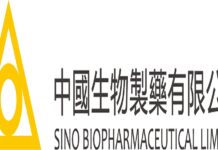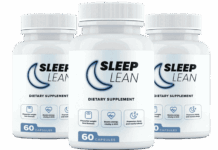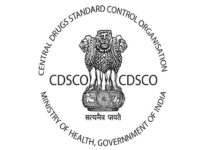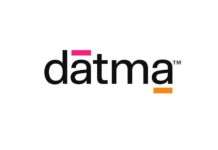Teva Pharmaceutical Industries Ltd., announced new data from the Phase III placebo-controlled and randomized First Time Use of SD-809 in HuntingtonDisease (First-HD) study evaluating the efficacy, safety and tolerability of SD-809 (deutetrabenazine) for the treatment of chorea associated with Huntington disease (HD). The data will be featured during two Platform Sessions at the 68thAmerican Academy of Neurology (AAN) meeting in Vancouver, B.C.
World pharma today/Research inside/- Teva Pharmaceutical Industries Ltd., announced new data from the Phase III placebo-controlled and randomized First Time Use of SD-809 in HuntingtonDisease (First-HD) study evaluating the efficacy, safety and tolerability of SD-809 (deutetrabenazine) for the treatment of chorea associated with Huntington disease (HD). The data will be featured during two Platform Sessions at the 68thAmerican Academy of Neurology (AAN) meeting in Vancouver, B.C.
Michael Hayden, MD, PhD, President of Global R&D and Chief Scientific Officer at Teva said that with limited options for patients living with Huntington disease, there is a great need for therapies.We are proud to present this data as part of Teva’s commitment to research in HD.
A total of 90 patients were enrolled in the First-HD study for evaluation over 13 weeks. Patients underwent dose titration over the initial 8 weeks of treatment followed by 4 weeks of maintenance therapy. The overall treatment period was 12 weeks, followed by a 1-week washout period. The Phase III First-HD study data showed that deutetrabenazine improved chorea. The most common adverse reactions reported (≥5% and greater than placebo) were: somnolence, dry mouth, diarrhea, insomnia, and fatigue.
Platform Session details follow:
Presentation: Rating Swallowing Function in Patients with Huntington Disease Enrolled in the First-HD Study
Monday, April 18, 2016; 4:45 to 5:00 p.m. PST
In the Phase III First-HD study, data showed deutetrabenazine significantly improved swallowing as measured by the Swallowing Disturbance Questionnaire (SDQ).
Presentation: Deutetrabenazine Effect on Total Motor Score in Patients with Huntington Disease (First-HD)
Tuesday, April 19, 2016; 8:15 to 8:30 a.m. PST
This additional data set shows significant improvement in total motor score (TMS) with contributions from improved dystonia.
About Huntington Disease
Huntington disease (HD) is a fatal neurodegenerative disease characterized by uncoordinated and uncontrollable movements, cognitive deterioration and behavioral and/or psychological problems. Onset of HD symptoms typically occurs in middle age, but the disease also manifests in children and the elderly. HD is the most common genetic cause of abnormal involuntary writhing movements called chorea.
About SD-809
SD-809 (deutetrabenazine) is an investigational, oral, small-molecule inhibitor of vesicular monoamine 2 transporter, or VMAT2, that is being developed for the treatment of chorea associated with Huntington disease (HD). Deutetrabenazine has been granted Orphan Drug Designation for the treatment of HD by the U.S. Food and Drug Administration (FDA). Teva is also investigating the potential of deutetrabenazine for treating tardive dyskinesia, for which the FDA has granted a breakthrough therapy designation, and for tics associated with Tourette syndrome, for which the FDA has granted orphan status for pediatric use. Deutetrabenazine uses Teva’s deuterium technology.
About Teva
Teva Pharmaceutical Industries Ltd is a leading global pharmaceutical company that delivers high-quality, patient-centric healthcare solutions used by millions of patients every day. Headquartered in Israel, Teva is the world’s largest generic medicines producer, leveraging its portfolio of more than 1,000 molecules to produce a wide range of generic products in nearly every therapeutic area. In specialty medicines, Teva has a world-leading position in innovative treatments for disorders of the central nervous system, including pain, as well as a strong portfolio of respiratory products. Teva integrates its generics and specialty capabilities in its global research and development division to create new ways of addressing unmet patient needs by combining drug development capabilities with devices, services and technologies. Teva’s net revenues in 2015 amounted to $19.7 billion. For more information, visit www.tevapharm.com.
Source: Teva Pharmaceutical Industries Ltd.
IR Contacts:
United States
Kevin C. Mannix, 215-591-8912
or
Ran Meir, 215-591-3033
or
Israel
Tomer Amitai, 972 (3) 926-7656
or
PR Contacts:
Israel
Iris Beck Codner, 972 (3) 926-7687
or
United States
Denise Bradley, (215) 591-8974
or
Nancy Leone, (215) 284-0213


















